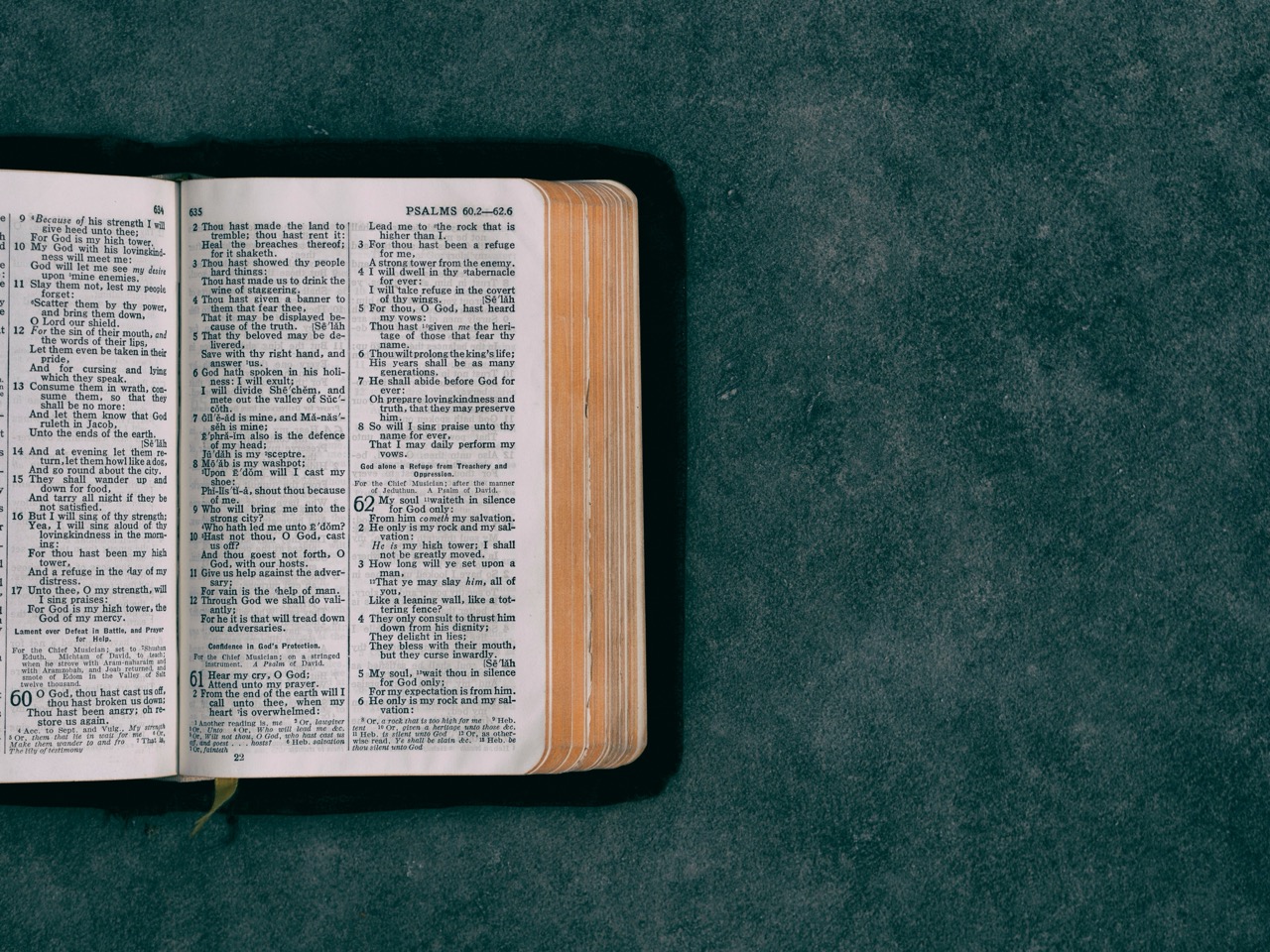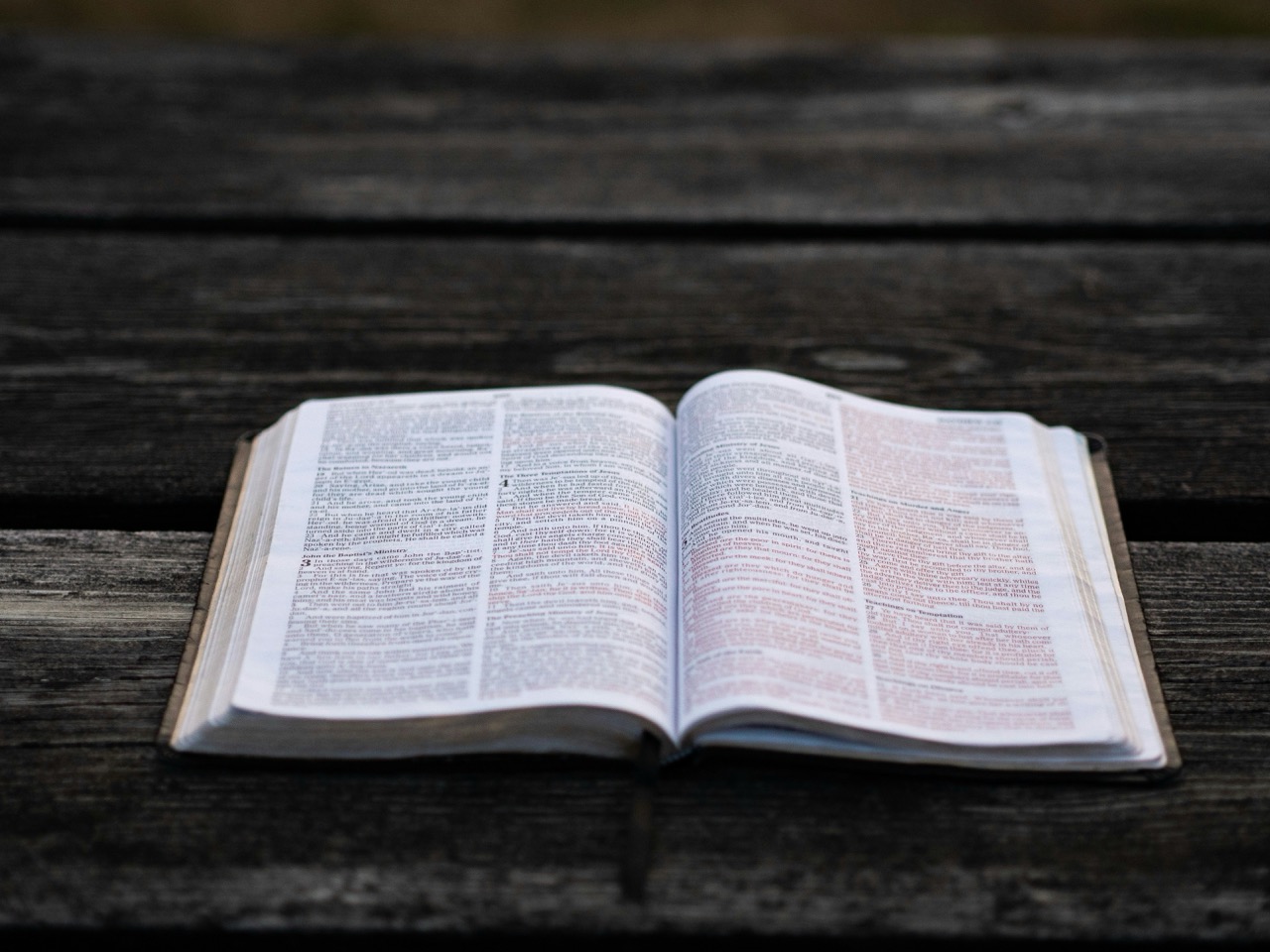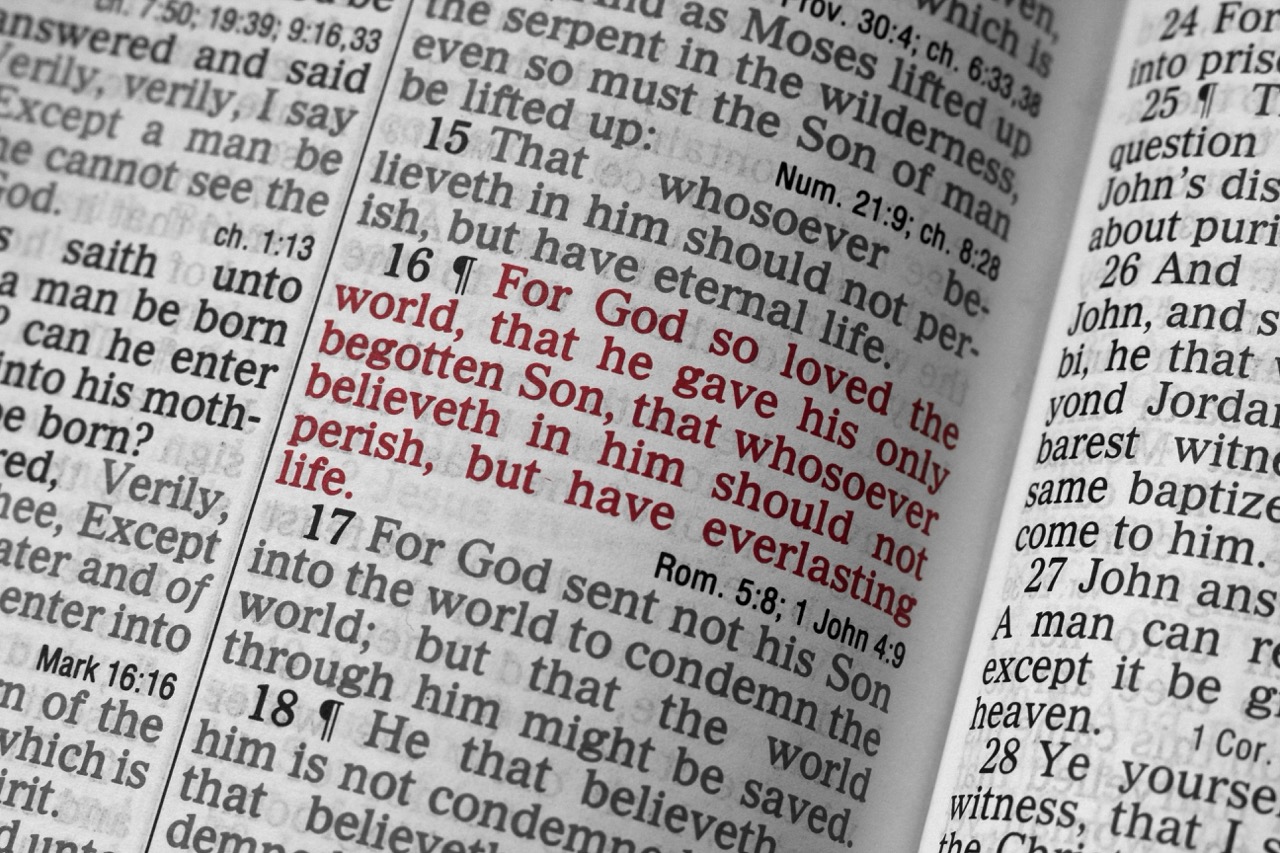Esther’s Brave Stand: A Nation’s Salvation Unfolds

In the heart of the ancient Persian Empire, a remarkable story of bravery, identity, and divine providence unfolds through the life of a young Jewish woman named Esther. Her journey is not merely a tale of personal triumph but a narrative of a nation on the brink of annihilation. As the queen of Persia, Esther finds herself in a unique position of influence and power, yet she is also bound by the invisible chains of her hidden heritage. This article explores how Esther’s daring choice became the catalyst for her people’s salvation, intertwining themes of courage and identity in a perilous time.
Esther’s Daring Choice: A Queen’s Heart in Crisis
Esther, an orphaned Jewish girl raised by her cousin Mordecai, becomes the queen of Persia through a divine sequence of events. Her beauty and grace catch the eye of King Xerxes, leading to her selection as the new queen. However, her ascent to royalty comes with a heavy burden. As queen, she is thrust into a world of political intrigue, where her position becomes a double-edged sword. She enjoys the opulence of palace life, yet she is acutely aware of the life-threatening danger her people face outside its gates.
Mordecai, ever vigilant, learns of Haman’s sinister plot to annihilate the Jews, and he implores Esther to act. His words resonate deeply within her, stirring a sense of duty that transcends her royal comforts. The crisis ignites a fire in Esther’s heart; she recognizes that her privileged position may hold the key to her people’s survival. Yet, she struggles with the weight of this responsibility, aware that approaching the king uninvited could lead to her own death. Esther’s internal conflict is palpable as she grapples with her identity as both a queen and a Jew, caught between self-preservation and the call to save her nation.
Ultimately, Esther’s decision to confront the king is a courageous act that embodies the essence of self-sacrifice. She understands that her royal status affords her a unique opportunity to speak on behalf of her people. The moment she resolves to approach King Xerxes, she steps into a role far greater than that of a queen; she becomes a beacon of hope for her nation. This pivotal choice sets into motion a chain of events that will lead to the ultimate confrontation with Haman and the fate of the Jewish people.
A Hidden Identity: The Weight of Esther’s Secret
Esther’s hidden identity is a powerful element of her story, representing the broader theme of concealed truths and the courage to reveal them. Raised by Mordecai, she grows up in the Jewish tradition but must hide her heritage to survive in the Persian court. This duplicity weighs heavily on her heart as she navigates her dual existence, embodying the conflict of loyalty to her people and the necessity of her role as queen. Esther’s secret is not just a personal burden; it symbolizes the plight of all Jewish people in exile, living under the shadow of oppression.
As the plot against the Jews unfolds, the stakes become painfully clear. Esther is caught in a web of fear and uncertainty, aware that her identity could be both her shield and her sword. When Mordecai urges her to speak out, she is torn between her desire to protect herself and her duty to her people. The hidden nature of her identity fuels her anxiety, but it also ignites her resolve. Esther’s journey of self-discovery transforms her from a passive figure into an active participant in her own destiny, as she embraces the truth of who she is and the people she represents.
The revelation of Esther’s identity is not just a personal milestone; it becomes a catalyst for change. When she finally chooses to reveal her Jewish heritage to the king, she breaks the chains of fear that held her captive. This pivotal moment signifies not only her acceptance of her identity but also her willingness to stand up against the forces of hatred and destruction. In doing so, Esther embodies the strength of those who, despite living in a world that demands silence, dare to speak out for what is right.
The King’s Decree: A Nation’s Fate Hangs in Balance
As the plot thickens, Haman, the king’s chief adviser, manipulates King Xerxes into issuing a brutal decree to annihilate the Jewish people. Utilizing the king’s trust and authority, Haman’s edict is a stark reminder of the precariousness of Esther’s position. The decree, sealed with the king’s signet ring, sets a date for the mass extermination, plunging the Jewish community into despair. The news sends shockwaves through the kingdom, and the oppressed find themselves facing an uncertain future. The nation’s fate hangs by a thread, resting on the courage of one woman.
Mordecai’s anguished response to the decree reverberates through the city. Clad in sackcloth and ashes, he mourns publicly, drawing attention to the impending doom. Mordecai’s despair acts as a rallying cry for the Jewish people, igniting a communal spirit of mourning and fasting. Amid this turmoil, he reaches out to Esther, reminding her that her royal position may be her people’s only hope. The weight of the impending catastrophe presses heavily on Esther, illuminating the urgency of her dilemma. She must navigate the complexities of court life while preparing to confront the very man responsible for her people’s fate.
The king’s decree serves as a backdrop for Esther’s ultimate decision. It underscores the gravity of her situation and the dire consequences of inaction. The clock is ticking, and the lives of countless individuals hang in the balance. Esther understands that her actions will not only determine her fate but that of her entire nation. This pivotal moment transforms her from a passive observer into a proactive agent of change. With the reality of the king’s decree looming, Esther’s courage must be unleashed, leading her to the momentous confrontation that could alter the course of history.
Courage Unleashed: Esther’s Stand for Her People
The moment has arrived. Esther, adorned in royal attire, approaches King Xerxes, fueled by a mixture of fear and resolve. Her heart races as she enters the throne room uninvited, fully aware of the potential consequences. The stillness of the court amplifies her anxiety, yet it is in this moment of vulnerability that her true strength emerges. With grace and poise, she petitions the king, inviting him and Haman to a banquet, a calculated plan to unveil the truth and intercede for her people.
At the banquet, Esther’s courage shines brightly. She finally reveals her Jewish identity and exposes Haman’s treachery. The revelation sends shockwaves through the court, transforming the atmosphere from one of celebration to disbelief and horror. Esther’s bravery not only unearths a conspiracy but also shifts the narrative from despair to hope. The king’s wrath is ignited against Haman, who is subsequently punished for his cruel plot. This dramatic turn of events showcases the power of courage and truth; Esther’s bold stand saves her people from impending doom.
Esther’s actions resonate far beyond the walls of the palace. She becomes a symbol of hope and resilience, illustrating the profound impact of standing up for what is right. The Jewish people, delivered from the brink of annihilation, celebrate their newfound freedom with joy and gratitude. Esther’s story emphasizes the themes of faith, identity, and the belief that even in the darkest times, one person’s courage can change the course of history. Through her brave stand, Esther becomes not only a savior of her nation but also a timeless figure of empowerment and strength, inspiring generations to come.
Esther’s brave stand is a profound testament to the power of courage, identity, and divine providence. Her journey from a hidden identity to a fearless queen illustrates the importance of standing firm for one’s beliefs and the lives of others. In a world fraught with danger and uncertainty, Esther’s story serves as a reminder that even in the face of overwhelming odds, one voice can echo through history and create ripples of change. As we reflect on Esther’s legacy, we are inspired to embrace our identities and stand up for justice, knowing that our actions can indeed shape the future.




